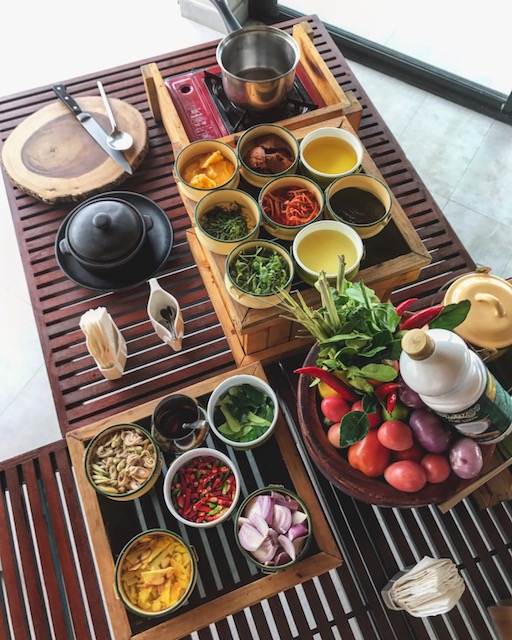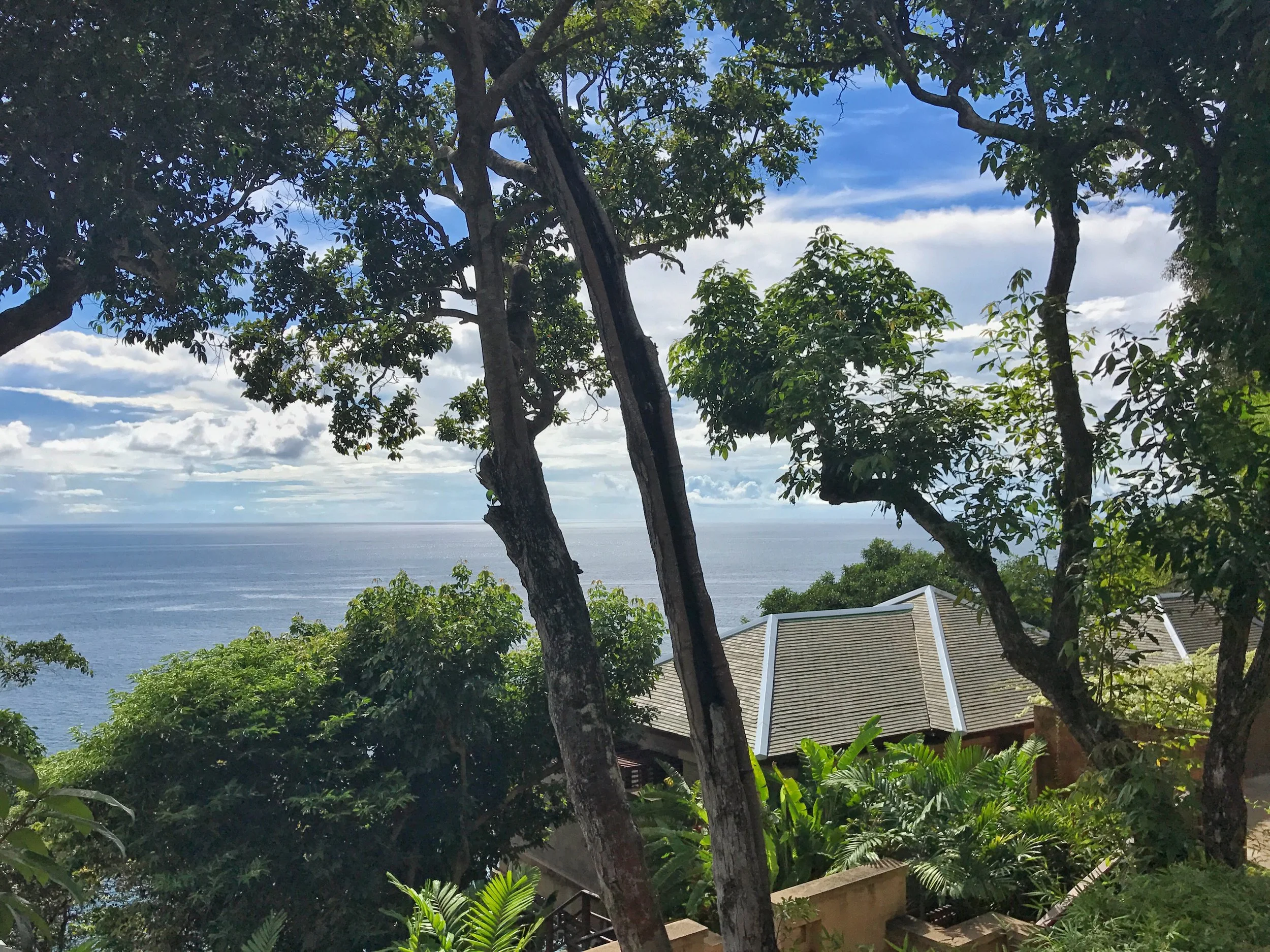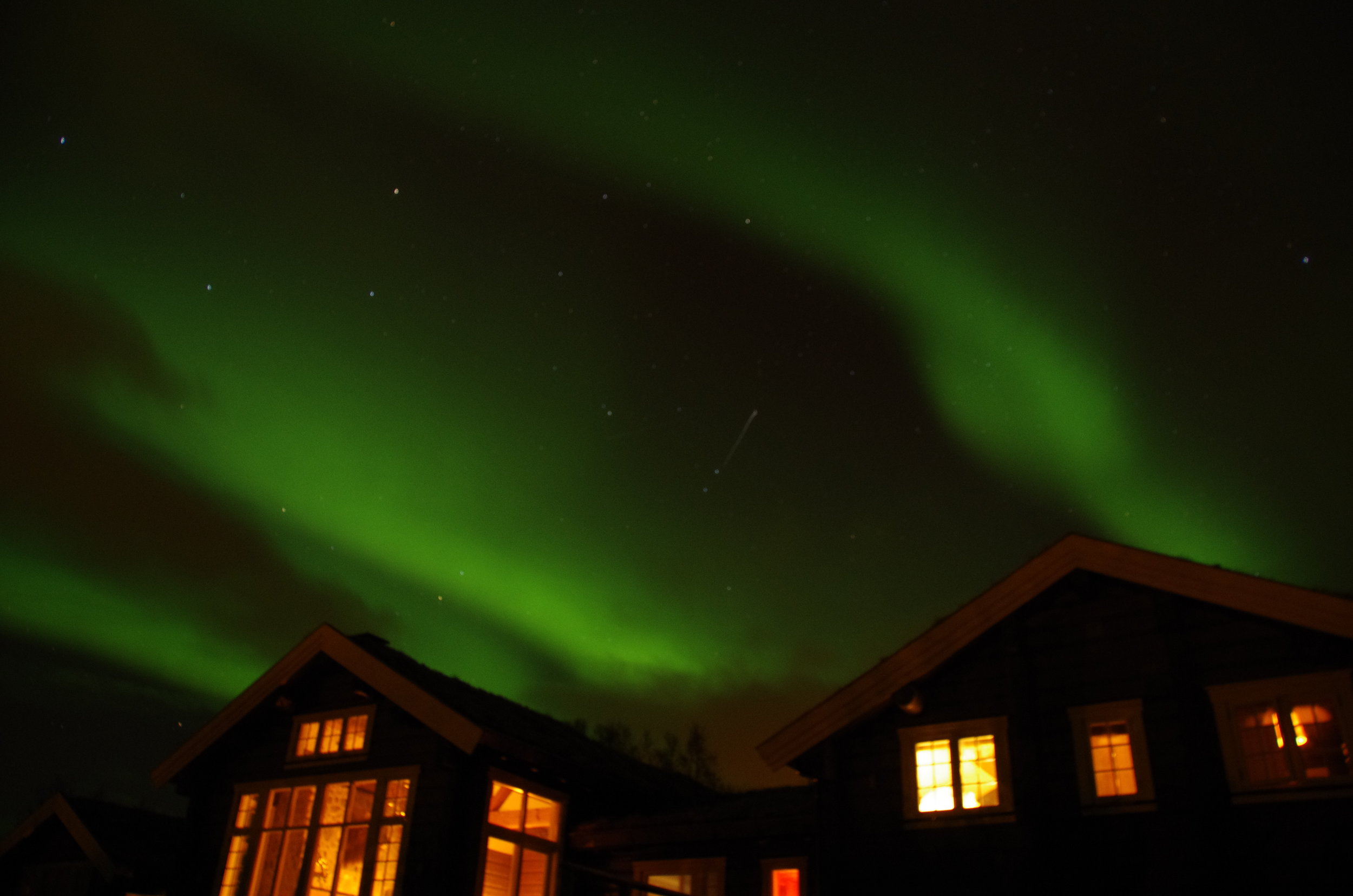“Many of my community were lost in the tsunami that year… we had not had a tsunami in our lifetime, and only knew a very big wave was coming quickly” explained our guide of the 2004 Thailand earthquake that claimed the lives of over 200,000 coastal inhabitants in 2004, an estimated 8,000 of which were in Thailand. “We ran to high ground early that morning, and then came back to town late in the day after the waves. I looked up to see one of my closest friends up high, hugging a tree, he had been there all day long – he was crying, he was afraid to come down, and also had lost his father… it was a very sad day”.
I’m a firm believer in the fact that to fully appreciate beauty and goodness, one must also acknowledge and respect the bad, and the sometimes unavoidable tragedies of life. Visiting Khao Lak for the first time, and sitting on an unspoiled, unnamed “hidden beach” with our Casa de la Flora guide, it’s hard to believe that a place with such appeal and beauty could have been so unexpectedly struck with a monster in the form of a 33 foot wave only 13 years prior. It’s almost impossible to imagine what it would have been like to be sitting seaside with a coconut in hand, the only concern for that day being what variety of curry to make for dinner, only to be swept away by the Andaman Sea. While a distant memory, or even worse – a forgotten event – for many visitors to the area today) it was an unparalleled tragedy and has certainly changed this region of Thailand.
It is necessary to revisit these events as the experience and new luxury of Khao Lak are framed by the context of these stories: from the destruction emerges a tale about survival, community, and ultimately, allowing tragedy to rouse the process of rebuilding and starting anew – creating a place that is not better, not worse, but simply different.
After receiving our rental car keys under a red pool umbrella adorned with the classic Avis logo, with the humming of a distant local Thai band playing outdoors in the distance, we were on our way to Khao Lak. Khao Lak sits about 1.5 hours, or around 55 miles north of Phuket International Airport and requires a focused drive as you weave through hundreds of mopeds, daredevil roadside dogs, and myriads of mom and pop pineapple stands.
The fact that Khao Lak is relatively unheard of as opposed to the almost ubiquitous (and hedonistic) Phuket is exactly what gives it its charm. The area itself is a little rough around the edges, lined with clothing stands and local Thai food bazaars, some abandoned bars and buildings (and others that just look abandoned but come alive at night); but it feels more real than its alternative. In Khao Lak, you can truly experience Thailand as the locals know it.
Casa de la Flora takes you by surprise. It’s modern, sleek appearance would be astounding even if stumbled upon in the middle of a posh part of Miami or NYC. The highly sophisticated and thoughtful design contrasted to the laid back town and undeveloped pristine beaches makes its guests feel like they can enjoy a luxurious stay without sacrificing taking part in the local attractions and culture.
We spent 3 days at Casa de la Flora, during which we tried to indulge in everything the resort had to offer both on and off campus. After enjoying all the dragon fruit and fresh juice we could eat at breakfast the very first full day in paradise, we partook in a Thai cooking class with one of the hotel’s senior chefs. “One or two spoons fish sauce? You remember?” chirped the senior hotel chef tasked with teaching us how to make our own Thai lunch for the day. “You like spicy or Thai spicy?”
The hotel arranged for each of us to have our own cooking station, so we could own the preparation process of our own food from start to finish. Two hours later, we had learned about all the local Thai spices, and had heaping portions of our own Tom Yum Goong and Pha-Naeng Neua to enjoy. We also were armed with ample information as to what spices we would need to buy at the local market that evening, in order to recreate the dishes once we arrived back home (indeed, we did end up buying all of the spices, and look forward to making our own Thai feast in London).
The following day, we headed to the Secret Beach we discussed earlier. Casa de la Flora seemed to have every single detail thought through on this trip. We jumped onto a boat at Casa de la Flora’s sister hotel just down the street, and quickly were sized up for snorkel gear and given the agenda for the day: we were to first go snorkelling in the crystal blue waters off the coast of a beach just 15 minutes from the hotel, where we would be dropped off and given about 45 minutes to observe the plentiful tropical fish and corals. Next, we would hop back in our boat and head to a pristine No-Name Beach, where we would be free to spend the next couple of hours exploring water holes, climbing rocks, eating lunch under a makeshift shelter, and swimming in the warm crystal blue waters. We even learned about the local culture and fruits; including the way in which cashews grow and are harvested – and even got to try some cashew juice from the tree for ourselves!
The ride back from this day-long adventure in the sun was absolutely unforgettable as I consumed local fruit, refreshing drinks, and felt the Thai breeze whipping through my hair as we raced back to the hotel, where we were dropped off beach-side.
For our final day, we simply opted to just be, and not try to do too much. We relaxed, we indulged in all of the breakfast food options possible (you can eat until you drop, which we were big fans of), and opted to skip lunch in anticipation of the special dinner that was planned for our final evening. While every dinner
table at Casa de la Flora comes with a view, there is one exceptional option for guests looking for an extra unique and private experience: a private rooftop dinner for 2, complete with its own private chef and staff. We were treated to an absolutely indulgent seafood platter complete with many of other courses and fine wines to pair.
Casa de la Flora offers an absolutely unforgettable Thailand experience where you can get a heaping of real local culture, appreciate uninterrupted tourist-free views and experiences, and eat to your heart’s delight. We would recommend this place to adventurers of all ages and to all who have a great appreciation for a special kind of travel experience.



















